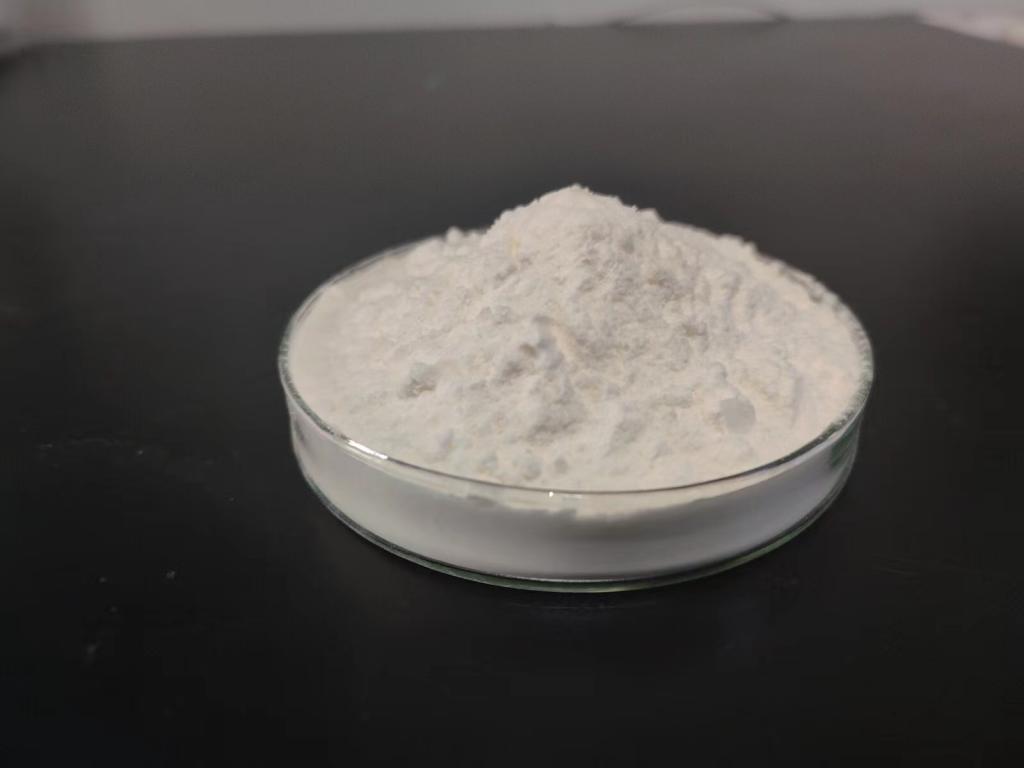
 CONTACT
CONTACT
- Linkman:Linda Yao
- Tel: +8618231198596
- Email:linda.yao@dcpharma.cn
- Linkman:CHARLES.WANG
- Department:Overseas
- Tel: 0086 0311-85537378 0086 0311-85539701
ε-Polylysine Hydrochloride and Food Industry Collaboration: Navigating Challenges Together
TIME:2023-12-22
In recent years, the food industry has witnessed a surge in interest in innovative preservatives, driven by the increasing demand for safe, high-quality products with extended shelf life. One such promising player in this arena is ε-polylysine hydrochloride, a natural antimicrobial agent derived from microbial fermentation. This article explores the collaborative efforts between ε-polylysine hydrochloride and the food industry, highlighting how this partnership addresses challenges and opens new avenues for sustainable food preservation.
1. Understanding ε-Polylysine Hydrochloride:
Provide an introduction to ε-polylysine hydrochloride, emphasizing its natural origin and microbial fermentation process. Discuss its unique properties, including its antimicrobial activity against a broad spectrum of microorganisms, making it a versatile candidate for various food applications.
2. The Need for Innovation in Food Preservation:
Examine the challenges faced by the food industry in preserving products effectively while meeting consumer demands for minimally processed, safe, and sustainable options. Discuss the limitations of traditional preservatives and the growing interest in natural alternatives.
3. Collaborative Research and Development:
Explore the collaborative efforts between ε-polylysine hydrochloride producers and the food industry in research and development. Highlight instances of successful partnerships that have resulted in the development of novel food products with enhanced safety and extended shelf life.
4. Applications in Different Food Categories:
Discuss the diverse applications of ε-polylysine hydrochloride across various food categories. Explore its role in preserving dairy products, meats, bakery items, and beverages. Highlight case studies or examples that illustrate the efficacy of ε-polylysine hydrochloride in different contexts.
5. Overcoming Regulatory Hurdles:
Address the regulatory considerations associated with the use of ε-polylysine hydrochloride in food products. Discuss its Generally Recognized as Safe (GRAS) status and any challenges faced in gaining regulatory approval in different regions. Highlight collaborative efforts to navigate these hurdles.
6. ε-Polylysine Hydrochloride and Clean Label Trends:
Examine how ε-polylysine hydrochloride aligns with the clean label movement in the food industry. Discuss its natural origin, minimal processing, and consumer acceptance as a clean and transparent ingredient. Explore collaborative initiatives that promote clean label practices.
7. Challenges in ε-Polylysine Hydrochloride Application:
Acknowledge challenges associated with the application of ε-polylysine hydrochloride in food products. These may include issues related to taste, stability, or compatibility with certain ingredients. Discuss ongoing collaborative research aimed at overcoming these challenges.
8. Sustainability and Environmental Impact:
Explore the sustainability aspects of ε-polylysine hydrochloride production and its impact on the environment. Discuss collaborative efforts to optimize production processes, reduce waste, and ensure a minimal ecological footprint in line with broader industry sustainability goals.
9. Consumer Perception and Education:
Address consumer perceptions of ε-polylysine hydrochloride and the importance of collaborative efforts in educating the public. Discuss strategies for transparent communication about the benefits and safety of ε-polylysine hydrochloride, fostering consumer trust in collaborative initiatives.
10. Future Prospects and Global Impact:
Discuss potential future developments in the collaboration between ε-polylysine hydrochloride and the food industry. Explore emerging trends, ongoing research projects, and global initiatives that aim to expand the use of ε-polylysine hydrochloride in diverse food applications.
Conclusion:
Summarize the collaborative journey between ε-polylysine hydrochloride and the food industry, emphasizing the collective efforts to address challenges and promote sustainable food preservation. Highlight the potential of this collaboration to contribute to a safer, more innovative, and environmentally conscious future for the food industry. As ε-polylysine hydrochloride continues to carve its niche in food preservation, collaboration remains the key to unlocking its full potential in addressing the evolving needs of the industry and consumers alike.
- Tel:+8618231198596
- Whatsapp:18231198596
- Chat With Skype







